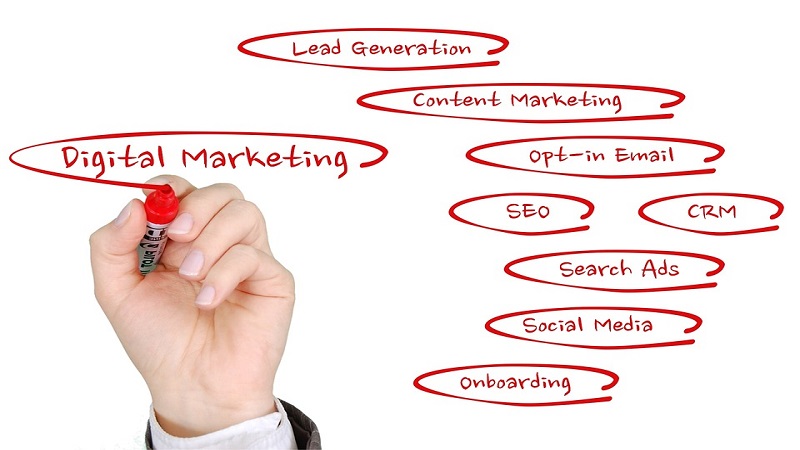500 European C-suites reveal their thoughts on branded content
500 European c-suites had their say about branded content in the most extensive research study of its kind released in 2017, revealing an unexpected set of results.
Content marketing specialist Raconteur undertook a recent survey of over 500 European c-suites, with the results as follows:
- It’s boring, repetitive and predictable! (71%)
- It’s often too sales-driven and not credible (51%)
- Bad design (UX and look & feel) kills engagement (57%)
- Brands are missing a trick by shying away from long-form (65%)
This might sound like bad news for brands, but it’s not all doom and gloom. The report reveals that c-suites are in fact hungry for content – and many will actively research new sources themselves in the quest for the right kind. If brands manage to make a good impression, they will have won a valuable and trusted relationship.
The report provides a more in-depth picture than similar research in the same area. It corroborates many of the results from smaller studies by Forbes/ Deloitte, Grist and EUI when it comes to the appetite for thought leadership. However, the report also nuances and builds on the factors that produce successful content, especially in the area of design, which is the number one factor for engagement, according to Raconteur’s survey.
The findings are reinforced with commentary from leading industry experts and brands, such as Jason Miller, Global content marketing leader at LinkedIn, Jeremy Waite, Evangelist at IBM, Tom Goodwin, Head of Innovation at Zenith and Mark Schaefer, Adjunct Marketing Professor at Rutgers University.
In an age where there is over 211 million pieces of content produced every minute and ad-blocker use is rocketing, the report highlights the importance of investing in understanding your audience in order to cut through the noise. Brands who pick up this research are already closer to producing more meaningful and impactful content.



